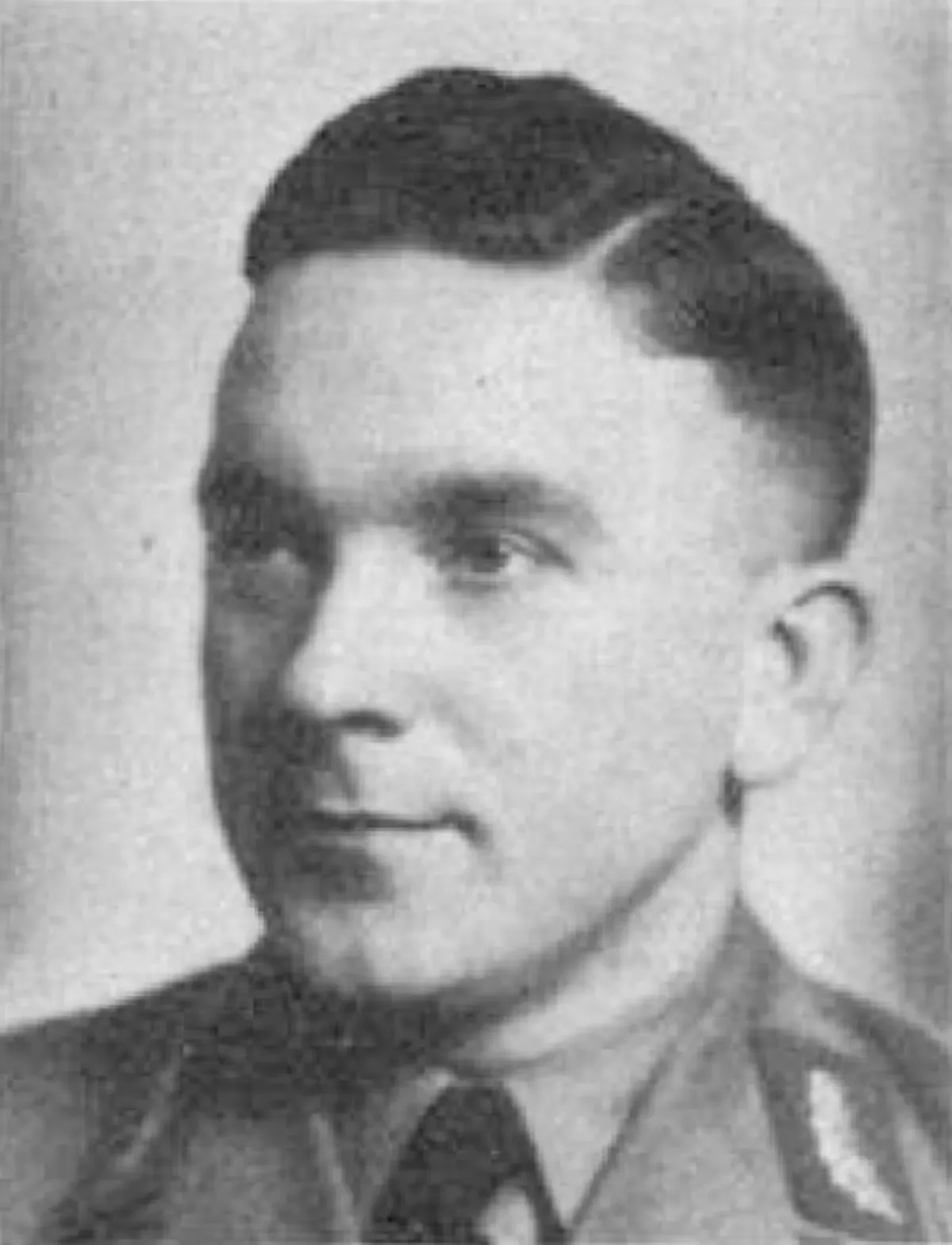 1.
1. Ludwig Ruckdeschel was the Acting Nazi Gauleiter of Bayreuth during the final month of the Gau's existence before the collapse of Nazi Germany in 1945.

 1.
1. Ludwig Ruckdeschel was the Acting Nazi Gauleiter of Bayreuth during the final month of the Gau's existence before the collapse of Nazi Germany in 1945.
Ludwig Ruckdeschel was born in Bayreuth, then part of the Kingdom of Bavaria within the German Empire in 1907.
Ludwig Ruckdeschel joined a nationalist youth organisation in 1921 and the SA in 1923.
Ludwig Ruckdeschel was a founding member of the Ortsgruppe of the Nazi Party in Bayreuth in February 1925 and became a close protege of Ortsgruppenleiter Hans Schemm.
Ludwig Ruckdeschel served as Schemm's permanent deputy, and in September 1932 was formally named Deputy Gauleiter.
On 1 February 1933 Ludwig Ruckdeschel became Deputy Gauleiter of the newly formed Gau Bavarian East March again under Schemm.
In September 1934 Ludwig Ruckdeschel transferred from the SA to the SS, joining as a Sturmhauptfuhrer but receiving frequent promotions after this.
Ludwig Ruckdeschel was called up for service in the SS Division Totenkopf in April 1940.
Ludwig Ruckdeschel was drafted into the Wehrmacht in July 1941, serving in a propaganda unit, but released again in October.
Ludwig Ruckdeschel was transferred to the SS Division Leibstandarte Adolf Hitler in May 1942 and became a company commander in the SS Division Hitlerjugend in May 1943.
Ludwig Ruckdeschel was promoted to Hauptsturmfuhrer on 21 June 1944 and severely wounded six days later, losing his right arm.
Ludwig Ruckdeschel, according to the historian Ian Kershaw, was a fanatical Nazi.
Ludwig Ruckdeschel then served as the Acting Gauleiter and Reich Defense Commissioner of Gau Bayreuth in the final weeks of the war.
In post-war Germany Ludwig Ruckdeschel was arrested in August 1947 and sentenced to eight years in jail the following year for attempted manslaughter and negligence for the execution of two citizens of Regensburg, one of them the preacher Johann Maier, who had advocated the peaceful surrender of the city.